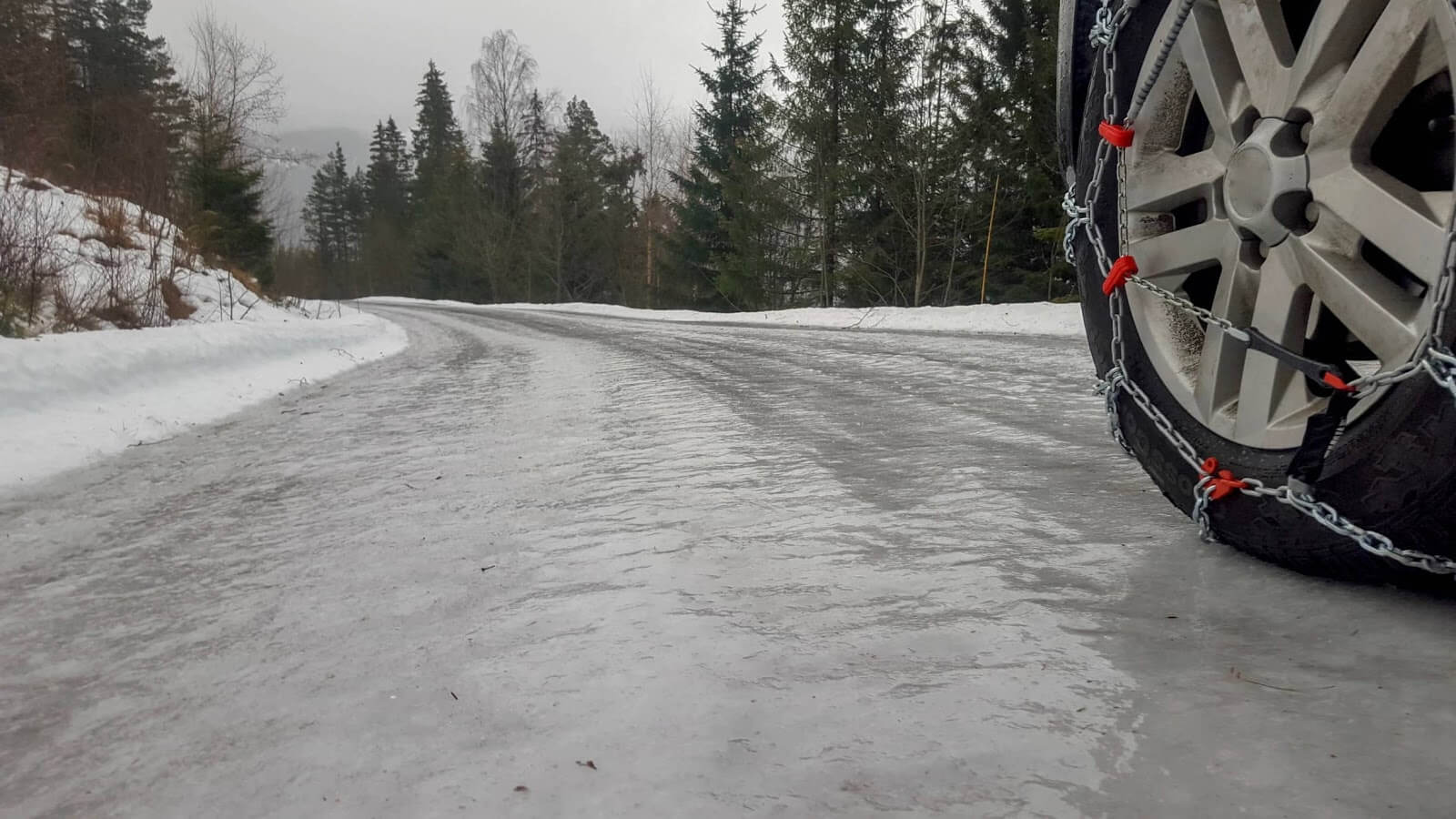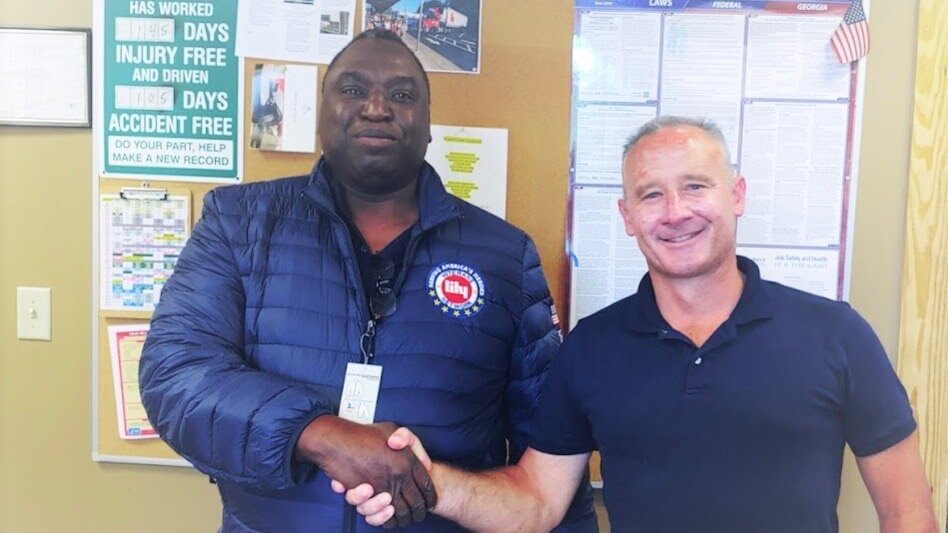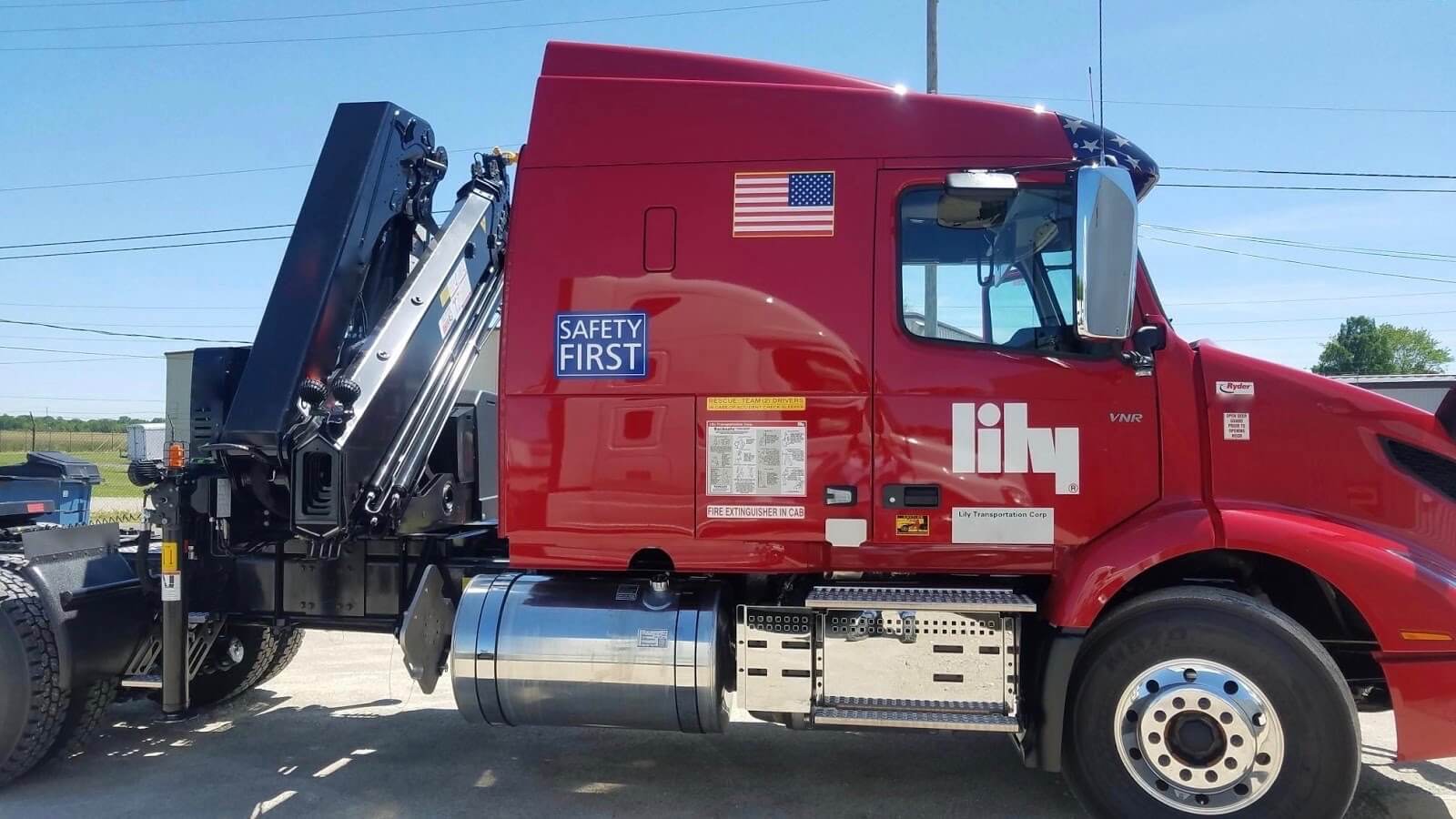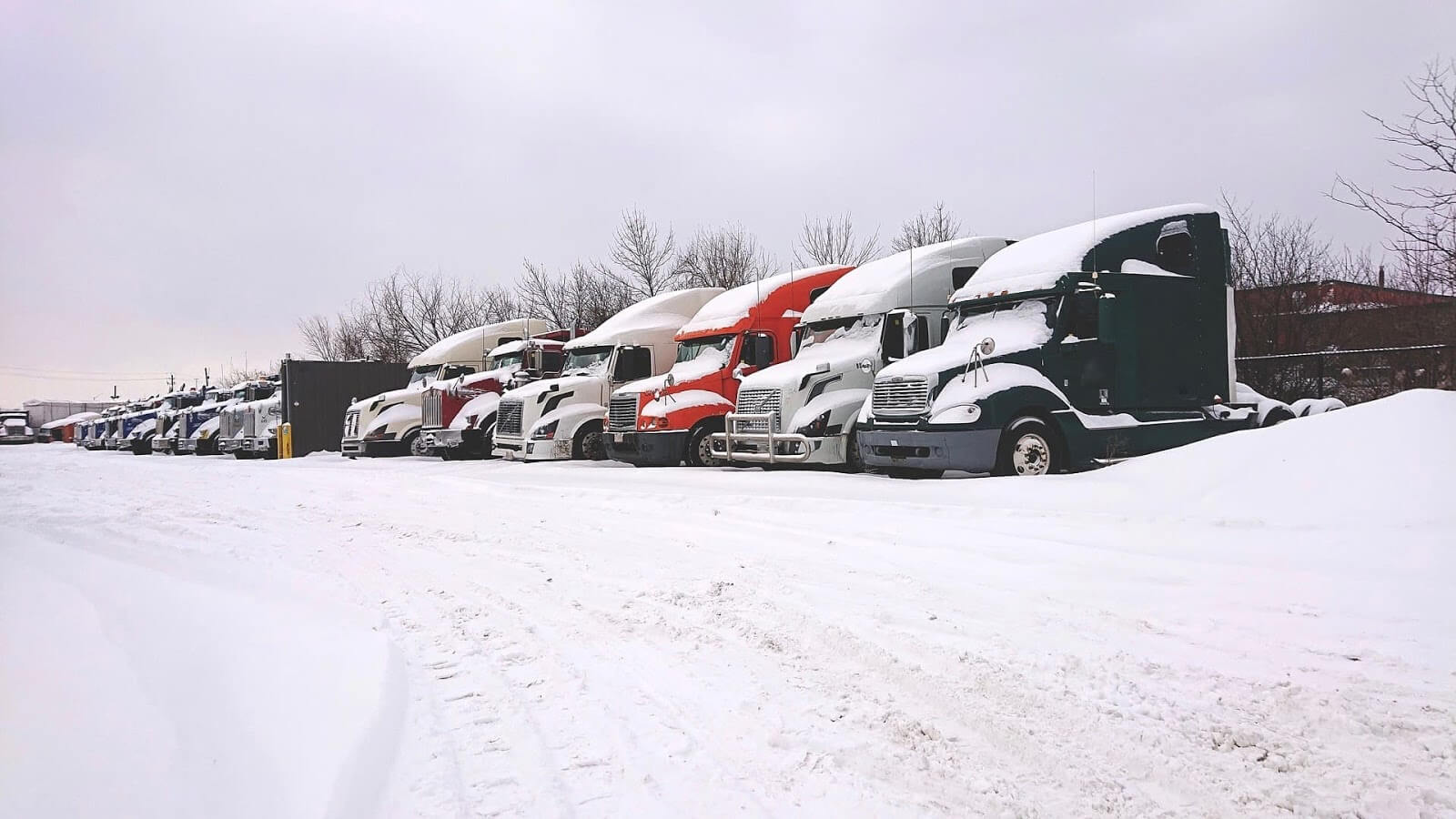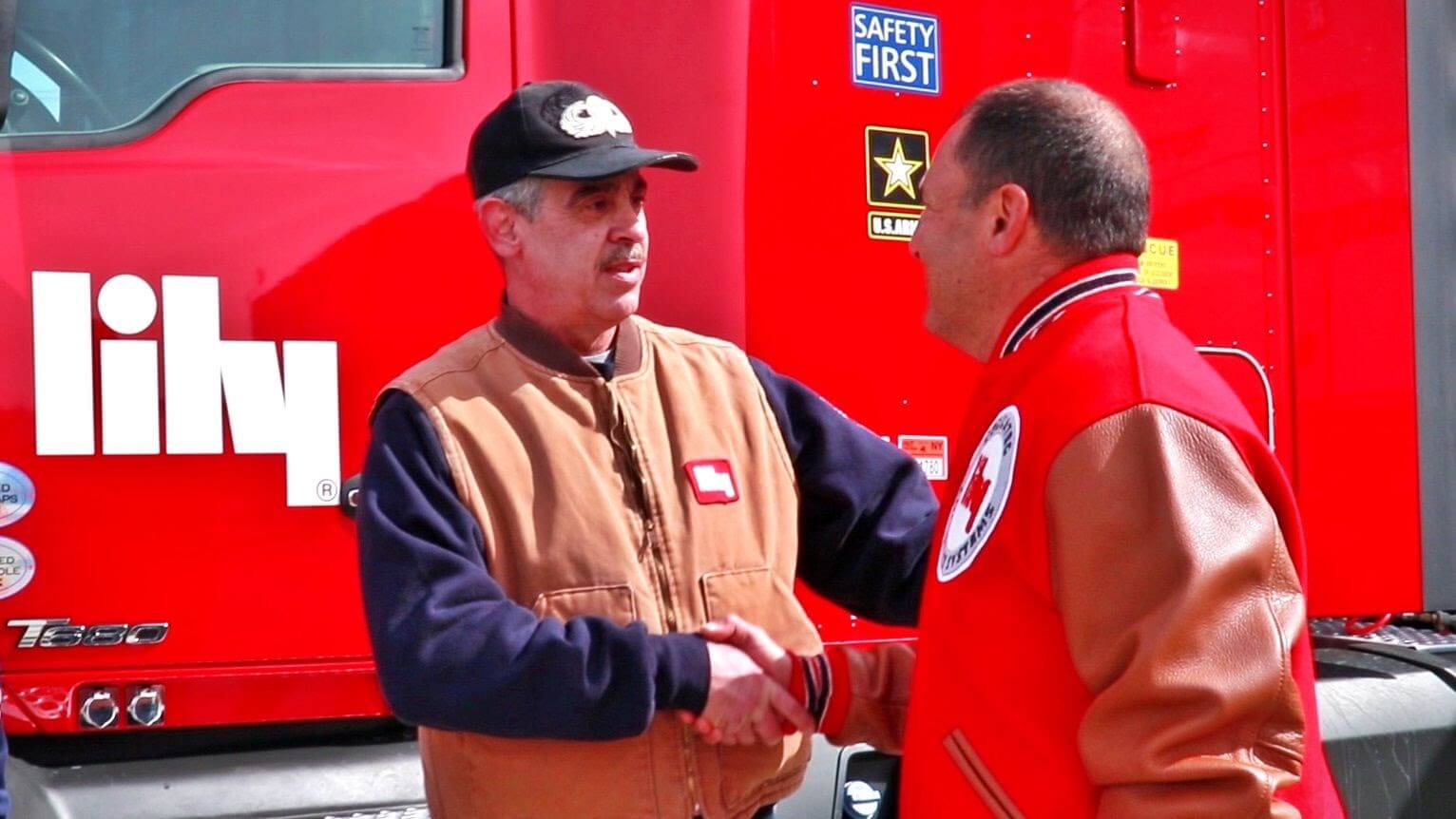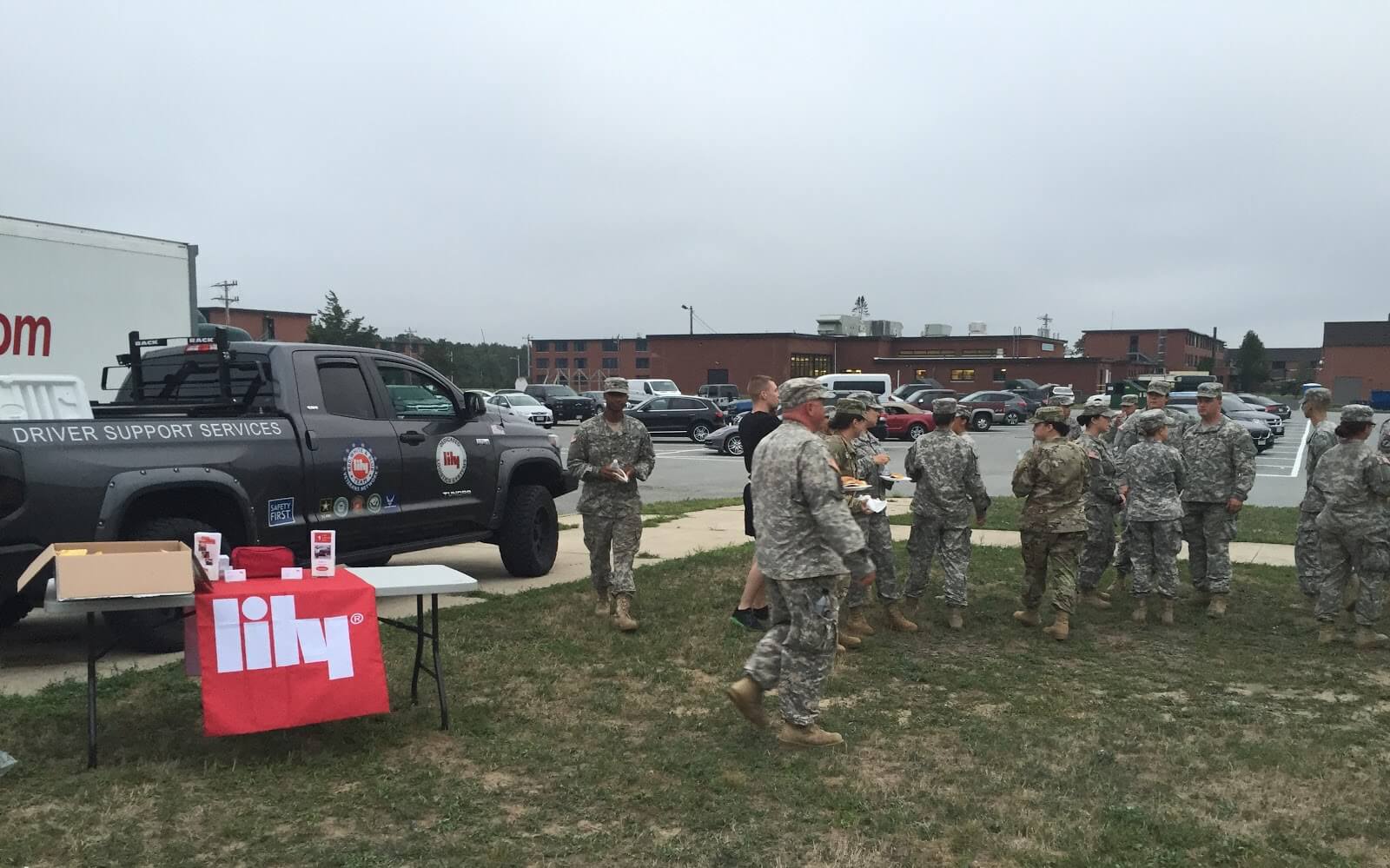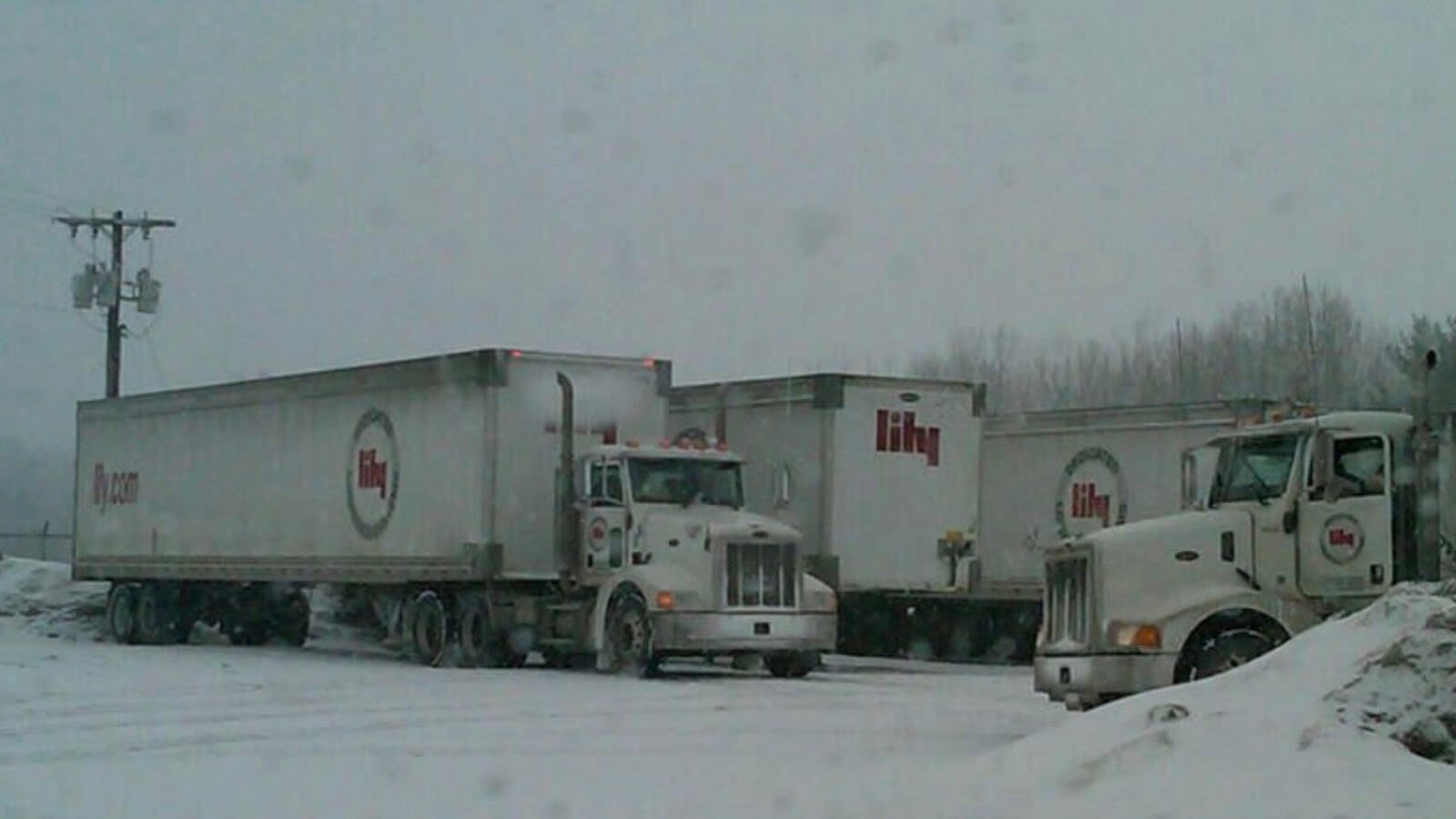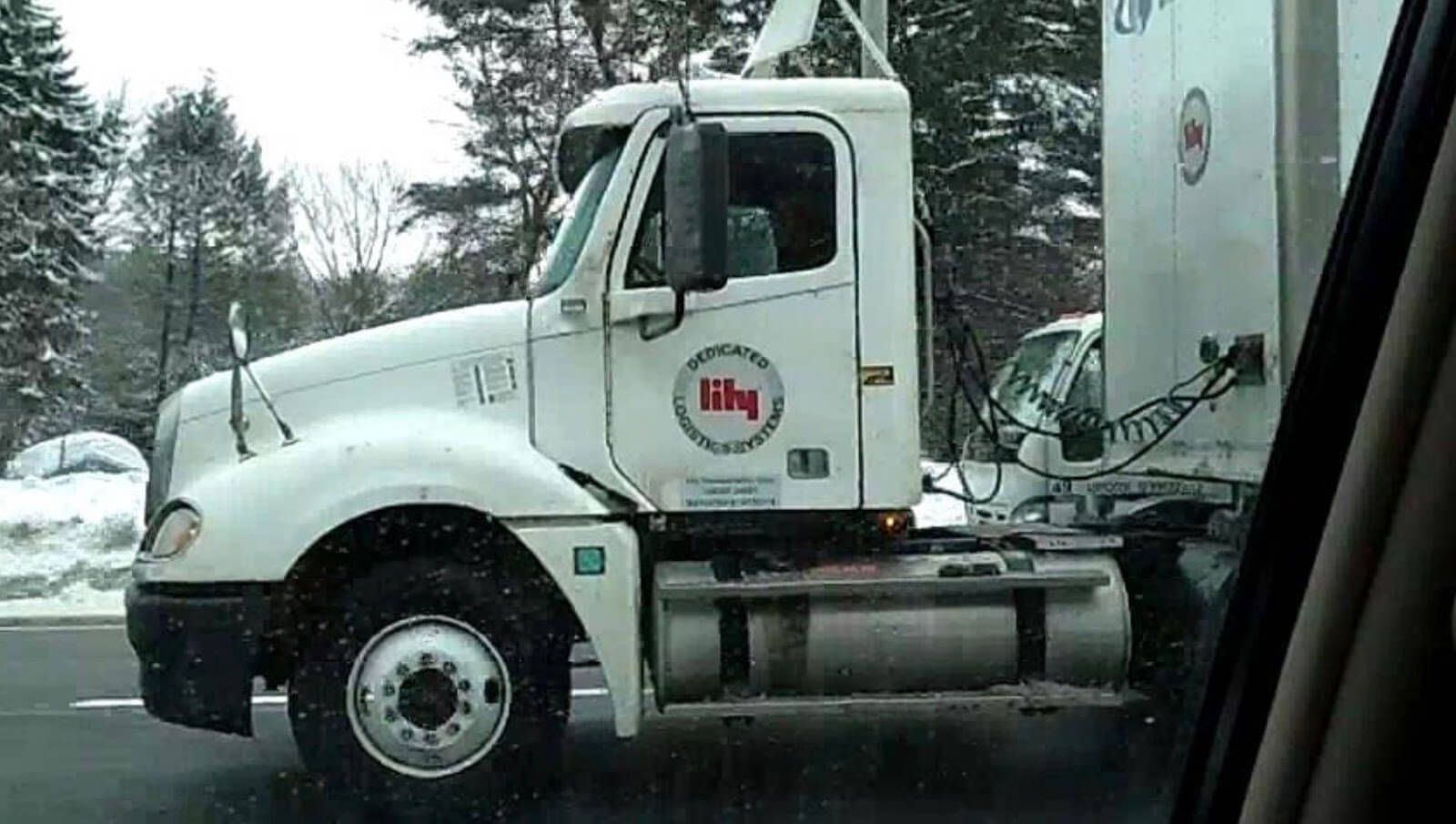Anything can happen on the road, especially during the winter months. A storm can come out of nowhere and knock a tree onto the street; an accident can cause traffic to move to a crawl; a moose could wander out onto the highway and stubbornly refuse to move. It’s impossible to predict what you’ll encounter on a job, which is why every truck driver must have an emergency checklist.
A winter emergency can be defined in several ways, but it’s ultimately up to the discretion of each driver to decide for themselves whether a situation qualifies as an emergency or not. With that in mind, your truck driver’s winter emergency checklist should have all of the tools and equipment you could ever need.

To help you make sure you have the right kind of truck driver emergency kit, we’ve outlined a few of the actions and items you’re going to want to be familiar with in the case of an emergency.
Planning for the Unpredictable with an Emergency Checklist
A truck driver emergency checklist is very similar to a truck driver emergency kit. Where the kit contains the kinds of equipment you’ll need, the emergency checklist will be the roadmap that shows you how and when to use that equipment.
For example, if you’re stuck in a nasty snowstorm and need to stop driving, then your truck driver emergency kit should contain items like:
- Thick, warm blankets
- Flashlight
- Batteries
- Bottled water and healthy snacks
- Whistle
- Snow shovel
- Flares
- A simple tool kit (screwdrivers, pliers, hammer, etc.)
- Cell phone charger(s)
With these items, you’ll be able to take care of yourself and your truck (don’t forget about that part!) by sticking to the emergency checklist you prepared ahead of time. You don’t have to have a checklist for every conceivable situation, of course. But, it would be best if you have a basic understanding of the kinds of winter situations you could encounter and have a rough gameplan for how you would deal with them.
In the case of the snowstorm example, you would want to hang tight in your truck (if possible) and pull over at the safest exit. From there, you can use your truck driver emergency kit to stay warm and energized so you’ll be ready to go when it’s time to get back on the road.
And, as always, make sure you have tire chains easily accessible to you. If you get hit by a sudden snowstorm, then you’re going to want to put those chains on your tires to give you more traction on the slick surface of the road.
What Should Be on Your Emergency Checklist?
When prepping an emergency checklist for yourself, be sure to talk with your carrier about it. They’ll be able to help you identify the truck driver essentials you’ll need, provide important info that you’ll want to have on-hand (phone numbers to call in case of an emergency, for example), and much more.
This is also one of the reasons Lily Transportation provides weekly training sessions and 24-hour dispatch for all of its drivers. We never want someone on our team to feel like they’re unprepared or on their own. Safety is the top priority at Lily which is one of the reasons why we’re always available to help our drivers if they come upon a situation they don’t know how to deal with.
The actions and information that eventually end up on your truck driver emergency checklist will vary depending on your preferences, the routes you and your carrier use, and the kinds of weather you expect to encounter.
But, above all else, always remember that it’s better to be overprepared than underprepared. So before you hit the road, be sure to go through your truck driver safety checklist, take your DOT-compliant truck kit with you, and double-check your truck emergency kit to make sure it has all the supplies you might need.


